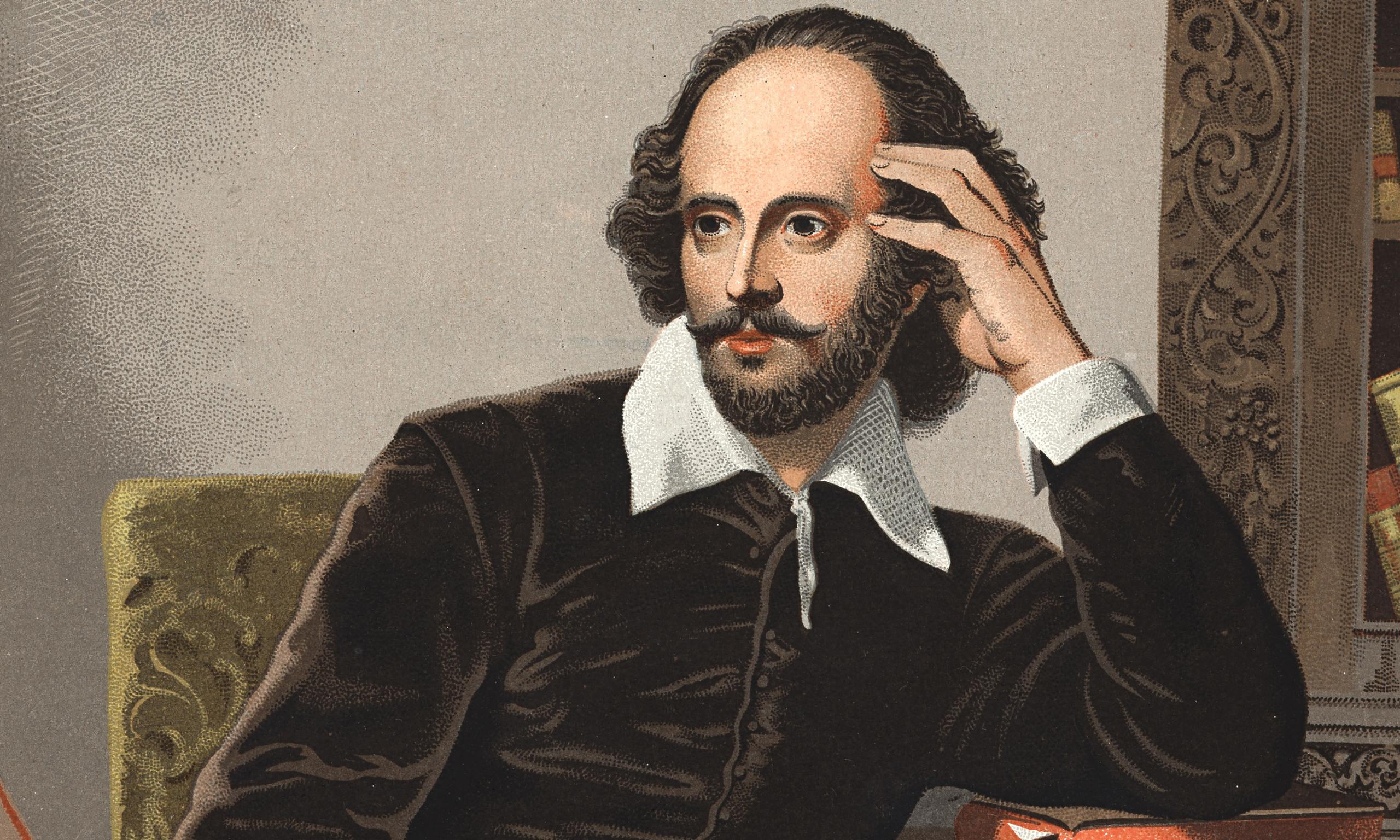Questions about Shakespeare’s authorship have been the subject of heated debate and controversy for the past three centuries. Most recently, computer algorithms have been used to compare the scenes from Henry VIII with other plays attributed to Shakespeare as well as work from other likely candidates. By analyzing the different word combinations and rhythm, it was determined that although Shakespeare did contribute to some of the scenes, most of Henry VIII was in fact written by John Fletcher, Shakespeare’s successor at the King’s Theater Company. This was not the first time that Fletcher’s name was linked to the play; the fact that he and not Shakespeare had written it was first proposed by James Spedding in 1850. Needless to say, the authorship question has been visited again and again by scholars and skeptics alike. Could the man born in Stratford upon Avon possibly have been the source of such genius? With no formal education past the age of 13 or evidence of travel beyond the borders of Stratford and London?
What is known for sure about the man who went by the name of William Shakespeare, was that he was born in Stratford, married Anne Hathaway, and had three children. He also left behind some business papers and a will, none of which mention any of the 37 plays under his name. To add to the mystery, a decade or so of his life, just before his emergence as a poet and playwright, is completely missing and is rightfully termed the “Lost Years” by scholars. These gaping holes in his biography have left room for skeptics to fill in with their own speculations and doubts. Perhaps the pieces don’t fit well because there is one missing. Could it be that a third party was involved? One that, for some reason, couldn’t write under their own name and borrowed Shakespeare’s instead. This is the main argument that “Anti-Stratfordians” use to back up their theory. Popular candidates include Edward de Vere, Francis Bacon, Charles Marlow, and Mary Sidney to name a few, with the strongest claims being for the first two. In his book “Contested Will”, James Shapiro noted that the authorship question arose at the around the same time that Shakespeare was beginning to be seen as a “literary god”. According to him, Shakespeare’s name used to be mentioned alongside contemporaries and it is only over time that his work began to occupy a category of its own. This grandiose image of a man can be difficult to maintain when all that is known about him is his humble origins, limited education, and scraps of documents that prove he led nothing more than an ordinary life.

Another important element to his words is their universality. Reading Sonnet 29, Maya Angelou felt as though his words were a direct translation of what she felt, as a victim of sexual abuse, racism, and exclusion. It’s almost as though he too had walked her path, which drove her to declare that “Shakespeare must be a black girl”. This was not meant literally of course but is a testament to how far-reaching Shakespeare’s prose is. Some have gone even farther to say that he must’ve been a woman. Who else could’ve written heroines with such insight? Not to mention the willfulness and defiance that seems to characterize most of them. So, could Shakespeare have been a woman? Or is that just a feminist’s fairytale? The argument shouldn’t be quickly dismissed as women’s work was undoubtedly unsigned at the time, considering the rules of propriety that governed them. A woman would have every reason to conceal her identity as a playwright in Elizabethan England.
Regardless of whether Shakespeare was or wasn’t the master of prose we know him to be, the unveiling of John fletcher’s identity as the author of Henry VIII does prove that a second look at the work of renaissance writers, like Shakespeare, is warranted.
Image Credit: The Guardian

